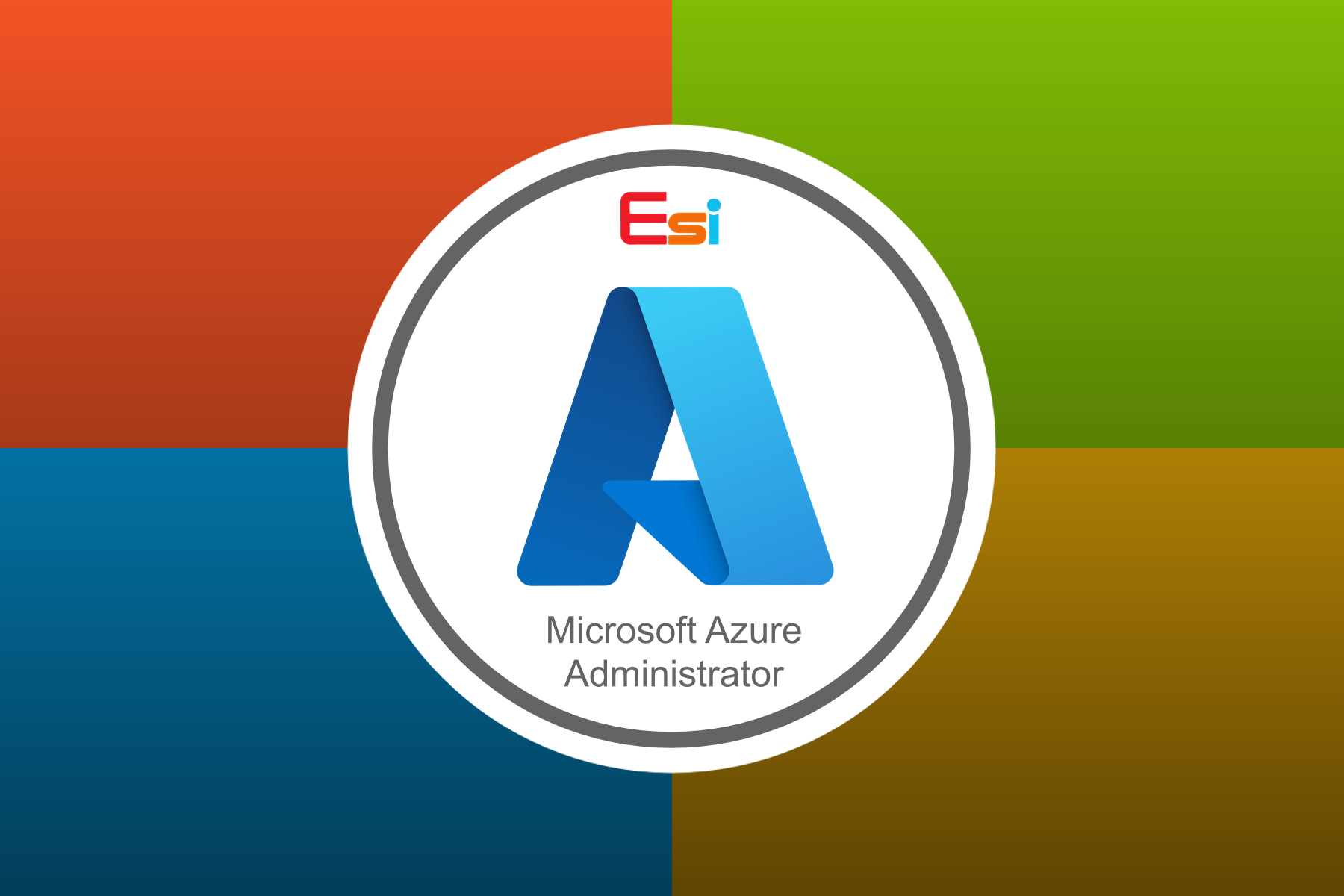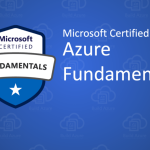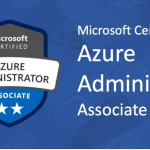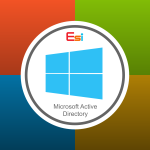Overview
Microsoft Azure Administrator Certification is one of the widely-acknowledged credentials from Microsoft for professionals worldwide. Participants who take up this 5-day Microsoft Azure Administrator (AZ-104) course will gain a proper understanding of managing Azure subscriptions, securing identities, configuring virtual networking, managing network traffic, and more. This Microsoft Azure Administrator (AZ-104) training is ideal for Azure Administrators who monitor, manage and configure virtual networks in a cloud environment. Check out the Microsoft Azure Administrator training schedule below to enroll today.
AZ-104T00-A is replacing Microsoft AZ-103T00 – Microsoft Azure Administrator.
Benefits
- With business solutions and services moving to the cloud, it is critical for professionals to have knowledge of managing these services on platforms such as Microsoft In this regard,
- the Microsoft Azure 104 training delivered will help participants to gain a fundamental understanding of implementing and managing identities, governance, cloud storage, creating virtual networks, and managing resources as and when needed.
Objectives
After attending the Microsoft Azure Administrator Certification Training, one will gain a fundamental understanding of:
- Azure subscriptions and resource groups
- RBAC
- Azure Backup and file sync
- Azure PowerShell
- Deploying resources with ARM templates
- Azure DNS domains
- Azure load balancer
- Azure identity protection, and more
The Main Topic of the Course
- Module 1: Identity
- Module 2: Governance and Compliance
- Module 3: Azure Administration
- Module 4: Virtual Networking
- Module 5: Intersite Connectivity
- Module 6: Network Traffic Management
- Module 7: Azure Storage
- Module 8: Azure Virtual Machines
- Module 9: Serverless Computing
- Module 10: Data Protection & Monitoring
Course Requirements
- Successful Azure Administrators start this role with experience in virtualization, networking, identity, and storage.
- Understanding of on-premises virtualization technologies, including VMs, virtual networking, and virtual hard disks.
- Understanding of network configurations, including TCP/IP, Domain Name System (DNS), virtual private networks (VPNs), firewalls, and encryption
- Understanding of Active Directory concepts, including users, groups, and role-based access
- Understanding of resilience and disaster recovery, including backup and restore operations.
Exam requirements
There are no specific prerequisites required to attend the Exam
LAB Requirement
It is recommended to have LAB in this course with Microsoft Azure cloud
Course Outlines and Training Plan
Module 1: Identity
- Azure Active Directory
- Users and Groups
- Lab: Manage Azure Active Directory Identities
Module 2: Governance and Compliance
- Subscriptions and Accounts
- Azure Policy
- Role-based Access Control (RBAC)
- Lab: Manage Subscriptions and RBAC
- Lab: Manage Governance via Azure Policy
Module 3: Azure Administration
- Azure Resource Manager
- Azure Portal and Cloud Shell
- Azure PowerShell and CLI
- ARM Templates
- Lab: Manage Azure resources by Using the Azure Portal
- Lab: Manage Azure resources by Using ARM Templates
- Lab: Manage Azure resources by Using Azure PowerShell
- Lab: Manage Azure resources by Using Azure CLI
Module 4: Virtual Networking
- Virtual Networks
- IP Addressing
- Network Security groups
- Azure Firewall
- Azure DNS
- Lab: Implement Virtual Networking
- VNet Peering
- VPN Gateway Connections
- ExpressRoute and Virtual WAN
- Lab: Implement Intersite Connectivity
Module 5: Inter-site Connectivity
- VNet Peering
- VPN Gateway Connections
- ExpressRoute and Virtual WAN
- Lab: Implement Intersite Connectivity
Module 6: Network Traffic Management
- Network Routing and Endpoints
- Azure Load Balancer and Azure Application Gateway
- Traffic Manager
- Lab: Implement Traffic Management
Module 7: Azure Storage
- Storage Accounts
- Blob Storage
- Storage Security
- Azure Files and File Sync
- Managing Storage
- Lab: Manage Azure storage
Module 8: Azure Virtual Machines
- Virtual Machine Planning
- Creating Virtual Machines
- Virtual Machine Availability
- Virtual Machine Extensions
- Lab: Manage virtual machines
Module 9: Serverless Computing
- Azure App Service Plans
- Azure App Service
- Container Services
- Azure Kubernetes Service
- Lab: Implement Web Apps
- Lab: Implement Azure Container Instances
- Lab: Implement Azure Kubernetes Service
Module 10: Data Protection & Monitoring
- File and Folder Backups
- Virtual Machine Backups
- Azure Monitor
- Azure Alerts
- Log Analytics
- Network Watcher
- Lab: Implement Data Protection
- Lab: Implement Monitoring






